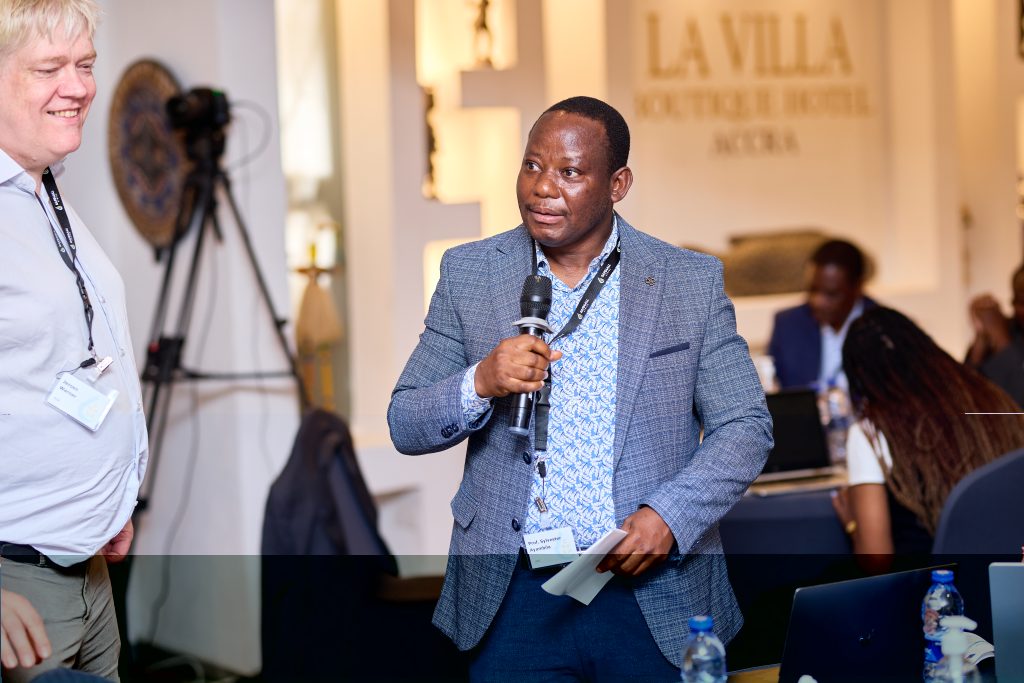Accra, March 28, GNA – The Safeguarding African Foodsheds and Ecosystems (SAFE4ALL) project will launch a climate service app next month to support farmers and enhance food security at local, regional, and international levels.
The app, Uliza-WI, a Telegram chatbot, provides tailored climate information to help farmers, especially women, plan, grow, manage, and harvest crops throughout the farming season in Northern Region.

Professor Sylvester Ayambila, a project team member, stated at a SAFE4ALL technical meeting in Accra that the app would enable famers to access weather information and advisory services to increase productivity.
SAFE4ALL, funded by the European Union, bridges this gap by delivering affordable, scalable, and location-specific climate services in Ghana, Kenya, and Zimbabwe.
Through co-creation case studies, it engages farmers, municipalities, and cities to develop solutions that strengthen climate resilience, promote sustainable agriculture, and enhance food security.
Prof. Ayambila noted that farmers blend indigenous and scientific knowledge for better rainfall forecasts, which increased yields and improve incomes.
“Farmers need more than just knowing when it will rain; they need details on how much rain to expect and how to manage their farms accordingly,” he said.
Ms. Mónica Estébanez Camarena, a SAFE4ALL project officer, said Uliza-WI supports climate-smart agriculture by providing operational farming advice based on medium-range, sub-seasonal, and seasonal forecasts.
She emphasised that a blended approach to forecasting offers farmers accurate outlooks for making climate-smart decisions.
The app will also integrate visual, text, and audio capabilities in local dialects for accessibility.
Dr. Frank Ohene Annor, a Delft University of Technology lecturer and CEO of Trans-Africa Hydro-Meteorological Observatory, highlighted the threat of increasing climate risks to African agriculture.
He noted that existing services were fragmented and lacked a user-centred approach.
SAFE4ALL is addressing this by developing a collaborative platform to co-create user-driven climate services, integrating tools and solutions into socio-economic policies.
“By equipping communities with better tools to adapt to climate change, SAFE4ALL not only strengthens agricultural resilience but also helps manage migration to cities, ensuring a more sustainable future for vulnerable populations,” he added. The SAFE4ALL project (https://safe4allafrica.eu) includes 17 partners from Europe and Africa, working with National Meteorological and Hydrological Services such as the Ghana Meteorological Agency, Kenya Meteorological Department, and Zimbabwe’s Meteorological Services Department.
GNA
KAS